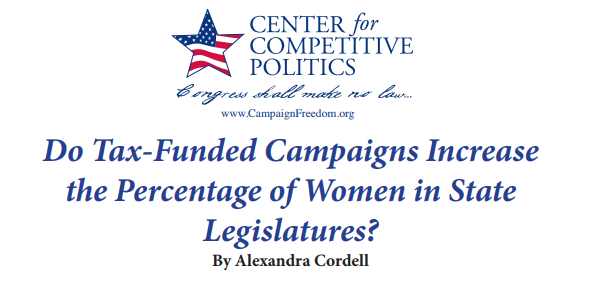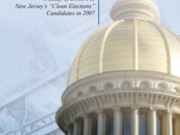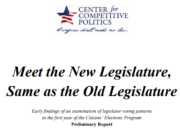Note: This report is an updated version of an Issue Analysis originally published by the Center for Competitive Politics in August 2008. This version has been edited to include data from three additional legislative sessions in Arizona and Maine.
Advocates of taxpayer-funded political campaigns, often called “clean elections” by their proponents, claim that these systems provide the ability for an increased number of diverse, non-traditional candidates to be elected to public office.
To this end, increases in the number of women in state legislatures are frequently touted as an example of the success of tax-financed campaign programs. Supporters have claimed that because “women have less access to money, time, and other resources to run for office…Clean Elections has opened the doors for more women to run who would not have been able to run before.”
According to these proponents, replacing voluntary private contributions to candidates with taxpayer dollars will eliminate or at least diminish the alleged problem of scarcer fundraising opportunities for female candidates.
If this claim is accurate, we would expect to see a rising percentage of female legislators in Arizona and Maine, two states which have provided taxpayer funds to qualifying legislative candidates since the 2000 election cycle. The following research examines legislator gender in Arizona and Maine in order to evaluate the claim that taxpayer-funded political campaigns have actually increased the number of women able to successfully run for office.
https://www.ifs.org/wp-content/uploads/2013/08/Issue-Analysis-3.pdf














